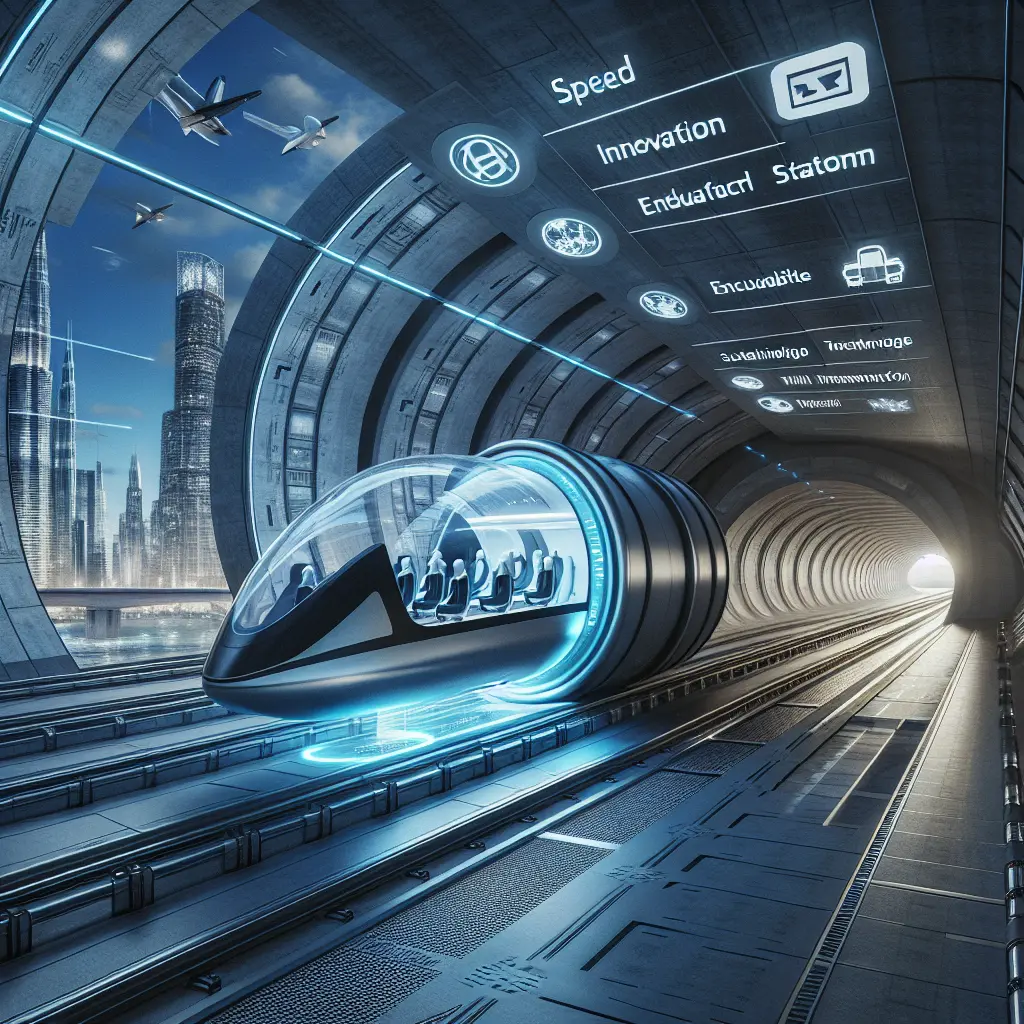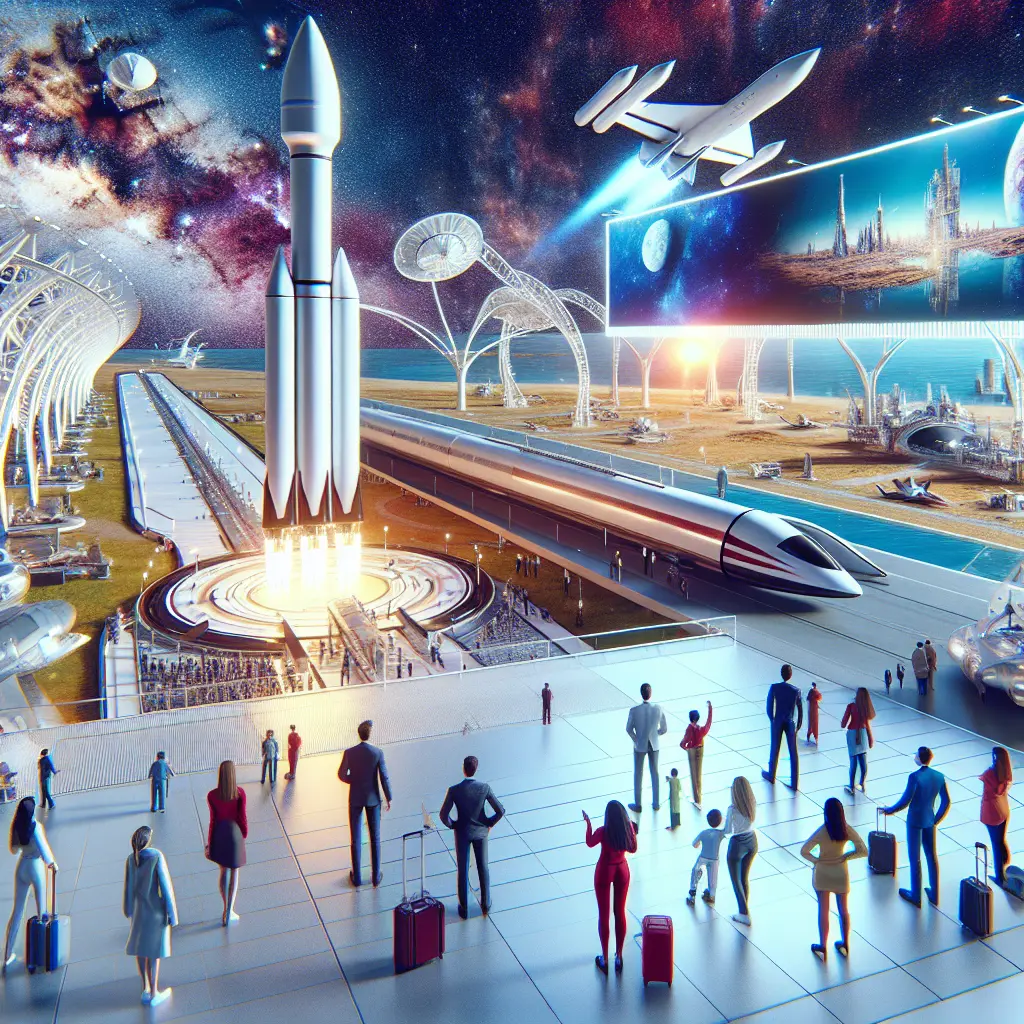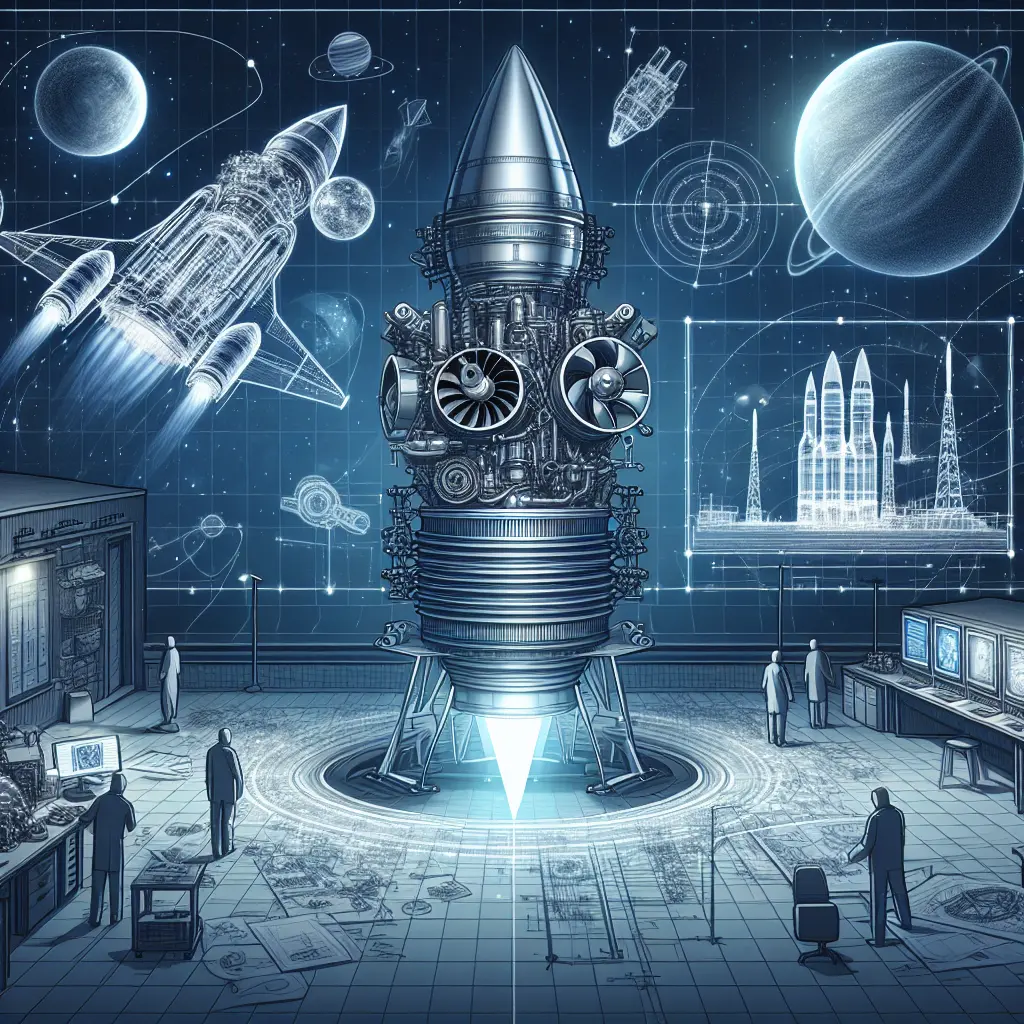SpaceX, under the visionary leadership of Elon Musk, has revolutionized the commercial space flight industry with a series of groundbreaking achievements that have not only demonstrated the viability of private space travel but have also catalyzed a wave of innovations across the sector. From deploying reusable rockets to reducing the costs of space travel, SpaceX's contributions have had profound implications for market dynamics, technology development, and the future of human space exploration.
SpaceX's journey began with the vision of making space travel more affordable and sustainable. The introduction of the Falcon rockets was a game-changer in this regard. The SpaceX Falcon rockets, particularly the Falcon 9 and Falcon Heavy, have become synonymous with efficient and reliable commercial satellite launches. Their success has effectively lowered the entry barrier for numerous entities interested in space, ranging from small startups to large national space agencies.
The growth of SpaceX in the commercial spaceflight sector isn't just about launching rockets; it's about creating an ecosystem that supports a sustained human presence in space. SpaceX's development of the Crew Dragon spacecraft under NASA's Commercial Crew Program is a perfect testament to this, providing the United States with the capability to send astronauts to and from the International Space Station (ISS) from American soil after nearly a decade of reliance on Russian Soyuz spacecraft.
Perhaps one of the most significant SpaceX technology advancements is the development of reusable rocket technology. The notion that rockets can be landed and reused was once scoffed at by many industry experts. However, SpaceX has consistently proven its feasibility, starting with the historic landing of the Falcon 9 rocket in 2015. This innovation has been pivotal in driving down the costs associated with space travel and has set new standards for resource efficiency in aerospace engineering source.
The advent of SpaceX reusable rockets has not only accelerated technological advancements but also intensified commercial aerospace competition. Traditional aerospace giants found themselves compelled to rethink their strategies and innovation pipelines to keep up with SpaceX’s rapid development pace. This healthy competition is fostering a new era of commercial spaceflight innovations that are crucial for technological evolution.
Expanding Horizons: Space Tourism and Beyond
Space tourism represents another exciting frontier in private space travel development. With SpaceX's announcement of plans to send private passengers on orbital and lunar missions, the implications for space tourism are vast. The development of the Starship spacecraft, which aims to carry humans to Mars, underscores SpaceX's commitment not just to exploring new business avenues like space tourism but also to its broader goal of multiplanetary human civilization.
SpaceX has also dramatically impacted the landscape of commercial satellite launches. By offering more cost-effective and reliable launch services, they have enabled a diverse range of clients, from telecom giants to countries expanding their space capabilities, to deploy satellites affordably. The introduction of the Starlink project, aiming to provide global broadband coverage through a constellation of satellites, further highlights how SpaceX leverages its launch capabilities to innovate new business models and services.
The international dimension of SpaceX’s impact is significant. By providing affordable and reliable launch services, SpaceX has become a preferred partner for numerous countries looking to advance their own space capabilities without the colossal costs typically associated with space missions. This role has important geopolitical implications, as it positions SpaceX as a key player in shaping global space collaboration dynamics.
Despite these achievements, it's important to acknowledge the broader context in which SpaceX operates. Recent news around Elon Musk, such as his political endorsements and the delayed Tesla events like the Robotaxi rollout source, reflect challenges that could influence public and investor confidence. These developments remind us that the path forward is not just about technological hurdles but also about navigating complex social and economic landscapes.
Conclusion
In sum, SpaceX's achievements have not only transformed the commercial space flight industry but have also set new benchmarks for what can be accomplished in aerospace technology and exploration. Through innovations like reusable rockets and ambitious projects like Starship and Starlink, SpaceX continues to push the boundaries of what private companies can achieve in space.
As we look towards a future where space travel becomes increasingly mainstream, the role of companies like SpaceX will only grow in importance, influencing everything from global connectivity solutions to interplanetary exploration. For now, one thing is clear: the impact of SpaceX on the commercial space flight industry is both profound and far-reaching, paving the way for an exciting new chapter in human space activity.










Leave a Comment